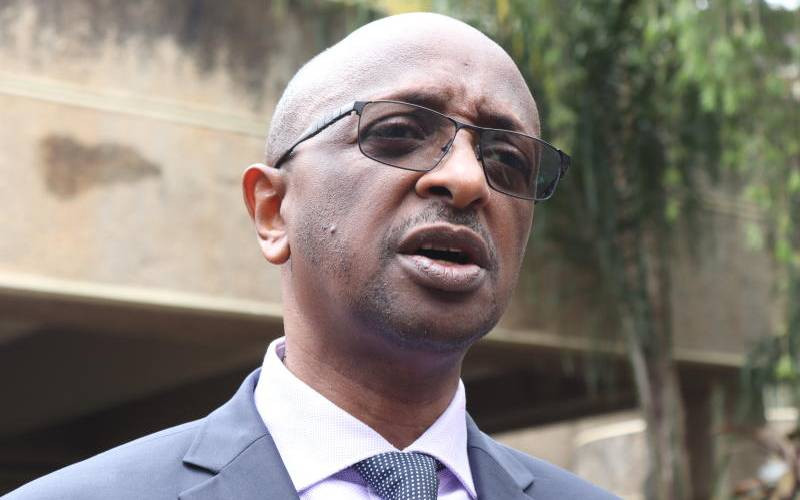×
The Standard e-Paper
Smart Minds Choose Us

Dr. Richard Masozera, Rwanda's High commissioner to Kenya speaking in Gigiri during the international day of reflection on the 1994 genocide at the United Nations offices in Gigiri on 12th April 2023. [Denis Kibuchi, Standard]